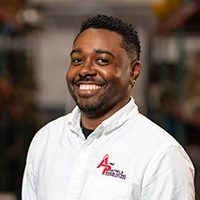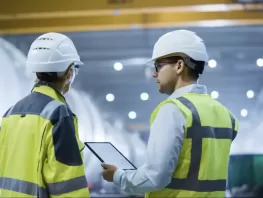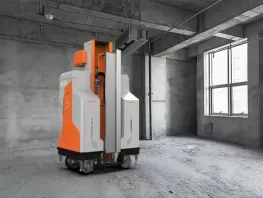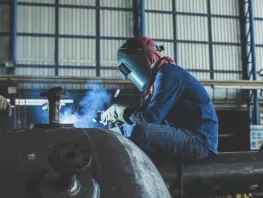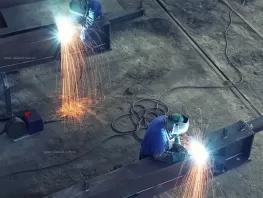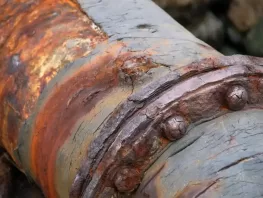
How Technology Improved the Flexibility of Waterproofing Systems
Posted Aug 23, 2021 by Dave Scaturro

Waterproofing is a fundamental aspect of the controlled environment that is today’s building envelope. It’s a critical consideration not just from roof to foundation, but also within countless diverse penetrations ―large and small―through which water, dampness, humidity can potentially infiltrate the envelope.
The quest for superior elasticity
In the late 1970s, commercial waterproofing projects saw dramatic progress in the form of polymethyl methacrylate (PMMA). A transparent thermoplastic, PMMA produced a fast-curing durable membrane― impact-, scratch-, and water-resistant, and even strong enough to withstand vehicular traffic shortly after installation. Its reliably quick cure accelerated many project schedules…but it wasn’t perfect. With PMMA, the resulting waterproof membrane was rigid, and its rigidity made it prone to micro-fractures.
As building projects began employing more interesting angles and creative materials, architects, builders, and installers started to demand greater flexibility from waterproofing membranes, more flexibility than PMMA could offer. This property is critical in building materials which will experience―throughout their lifecycles―extremes of heat and cold, the shock of rapid thermal cycling, and other climate extremes such as wind and hail, not to mention normal structural movement and settling.
Enter PUMA technology, a waterproofing game-changer.
Thanks to a unique combination of methyl methacrylates and polyurethanes, PUMA delivers all the high-speed application benefits of PMMA…but with one essential extra―excellent flexibility and elongation properties. PUMA, in fact, has typical elongation of up to 400%, compared to about 45% for PMMA. These exceptional features allow PUMA technology to tackle a range of projects that call for ruggedness + elasticity, from common installation obstacles to scenarios where unusual design features and construction requirements make the project complex or unique. Give Alpine a call today to discuss your next commercial waterproofing project.
